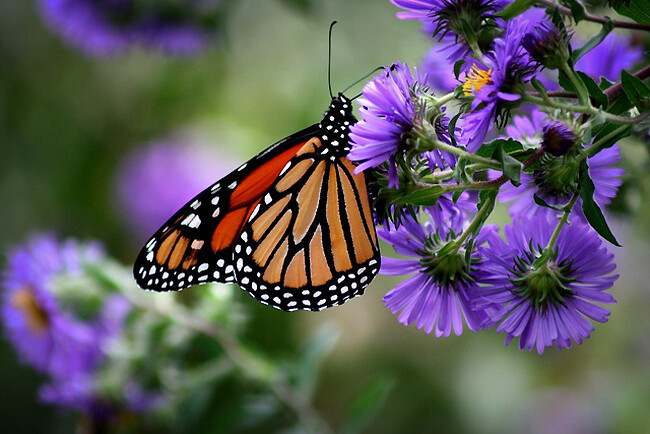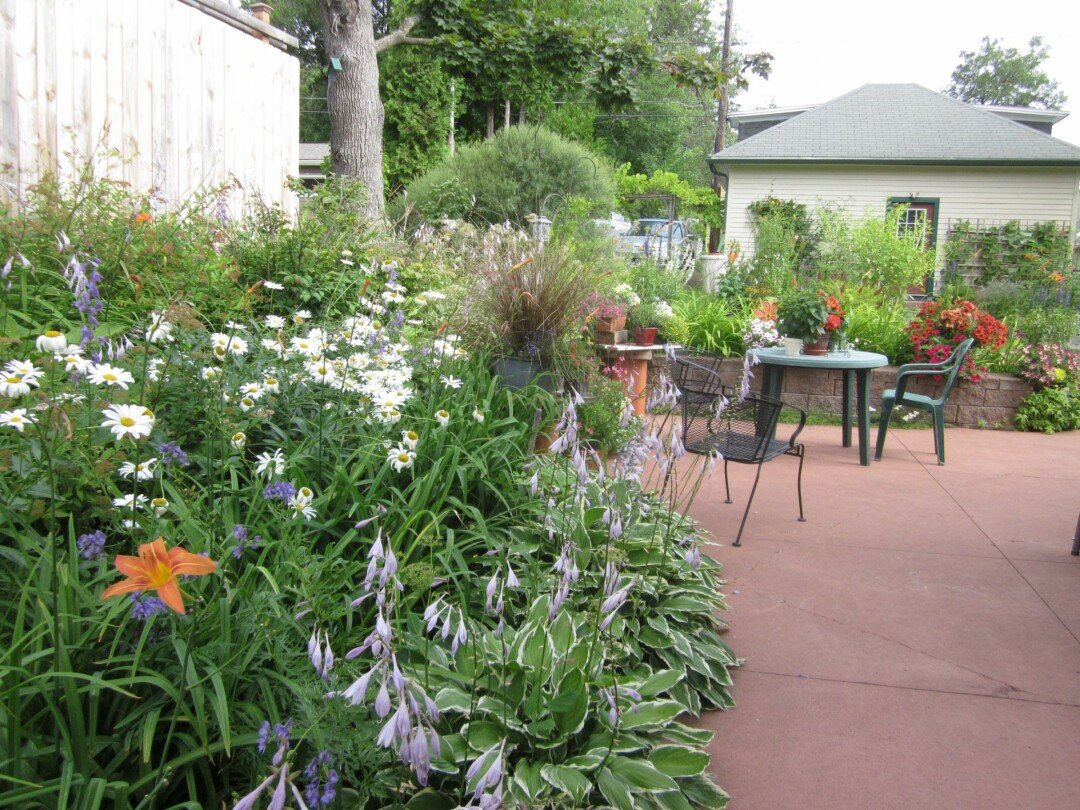News & Articles
Browse all content by date.

The U.S. Fish & Wildlife Service has developed a website dedicated to Monarch butterflies, simply because that most recognizable of species is in trouble due to pesticides, habitat loss and climate change.
Milkweeds and nectar sources are declining due to development and the widespread use of herbicides in croplands, pastures and roadsides. Because 90% of all milkweed/monarch habitats occur within the agricultural landscape, farm practices have the potential to strongly influence monarch populations.
Development (of subdivisions, factories, shopping centers, etc.) in the U.S. is consuming habitats for monarchs and other wildlife at a rate of 6,000 acres (9.4 square miles) a day – that’s 2.2 million acres each year, according to Monarch Watch, a nonprofit education, conservation and research program based at the University of Kansas that focuses on the Monarch butterfly, its habitat and its spectacular fall migration, flying more than 3,000 miles – at about 50 miles per day – to Mexico with the sun as their guide.
Widespread adoption of herbicide-resistant corn and soybeans has resulted in the loss of more than 100 million acres of monarch habitat in recent years. The planting of these crops genetically modified to resist the non-selective systemic herbicide glyphosate (Roundup) allows growers to spray fields with this herbicide instead of tilling to control weeds. Milkweeds survive tilling but not the repeated use of glyphosate.
However, this is not one of those wring-your-hands-and-fret problems. Everyone can help.
“No matter who you are or where you live, you can get involved today,” the Fish & Wildlife website states. “Start by planting milkweed and nectar plants that are native to your area. Garden organically to minimize your impacts on monarchs, their food plants and other pollinators. Become a citizen scientist and monitor monarchs in your area. Educate others about pollinators, conservation and how they can help.”
You can learn how others are doing it in Duluth this Saturday, Aug. 8, from 10 am to 2 pm with the “Secret Garden Tour of Duluth Monarch Butterflies Waystation Gardens.”
According to the brief press release announcing the “secret garden” tour: “This event is a self-driving tour of several Duluth Certified Monarch Waystation Gardens that feature a mix of milkweed, nectar and pollinator plants needed for the natural propagation and growth of Monarch butterflies.”
Also according to the release, six to seven of the 64 or so Monarch Watch sites will be on the tour, from some simple layouts to elaborate pollinator gardens, all of which have been certified by Monarch Watch.
Saturday’s tour is sponsored by Duluth Monarch Buddies, a nonprofit of Duluthians collaborating to restore Monarch habitat and to educate residents about the ecology of Monarchs and other pollinators.
Here’s how to take the tour:
• On Aug. 8 between 9 and 10 a.m., go to the east parking lot at First United Methodist Church, 230 E. Skyline Parkway.
• Handouts with directions and garden information will be provided.
• A $10 donation per vehicle is requested to support the Duluth Monarch Buddies’ planting projects.
• Social distancing applies; masks highly encouraged.
For more information on Duluth Monarch Buddies, contact duluthmonarchbuddies@gmail.com.
For more details on planning on a Monarch garden, visit fws.gov/midwest/news/PollinatorGarden.html
To show your support of monarch conservation, have your monarch habitat certified as an official Monarch Waystation by Monarch Watch. Visit monarchwatch.org for details.
| Tweet |


